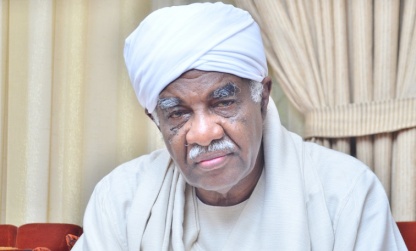Islamists and the Power .. Tunisia as a Model (1-3)

Dr. Ibrahim Al-Amin
Political powers with their different names and orientations, in any country, seek power through legally and illegally , particularly in the Arab and Islamic region due to the presence of ruling systems that are the most backward in the areas of freedoms and human rights. The area has had great importance since ancient times due to its strategic location. It is a focal point for the heavenly religions. It contains waterways linking the East and the West, oil, and witnesses the Arab-Israeli conflict.
For all these factors, it is an open arena for regional and international conflicts, and ideas, some of which are imposed by force and by mechanisms of authority.
With the major transformations witnessed by the area after the collapse of the Soviet Union and the erosion of the Marxist project, the decline of the national project after the Six-Day War in 1967, the US invasion of Iraq, the bloody events in Syria, and the Arab Spring revolutions, the region witnessed the rise of the political Islam project in an unprecedented manner. Today, Islamic powers and movements face an intellectual and political dilemma, in light of the failure of political Islam powers to present a successful model in terms of governance and administration in Egypt, Sudan and Afghanistan.
It also failed at the societal level in Egypt, Sudan, Syria, Yemen, Libya and Iraq, with the exception of Tunisia. The crisis was further complicated by the rise of extremist and radical forces such as ISIS, Victory ,Front al-Qaeda, Boko Haram, the Houthis and Youth movement in Somalia. Historically, Imam Hassan al-Banna identified three stages to achieve the group’s goals.
The first and second stages were successfully accomplished, namely the stage of propaganda and preaching the idea and the stage of formation and selection of supporters and members.
As for the third stage, which is the stage of implementation, work and production, the group with its various tributaries was unable to achieve any noteworthy accomplishment.
This is due to the difficulty of moving from a loose ideology to a practical and executive program that guarantees success in governance. Ideology was present in the first two stages. The phase of work, implementation and production requires an approach to deal with public issues and other forces in a more realistic manner, and more committed to national issues.
This means that citizenship should have absolute priority.
Commitment to it should be the basis when addressing public issues, and moving from the world of ideas and ideological and organizational biases to the world of realistic policies and programs and what they carry of political, social and economic harmonization and balances.
Here, the criteria of loyalty and intellectual, organizational or ideological affiliation to the group will not be the criterion for drawing up its policies and implementing its programs. The Islamic movements that came to power were unable to bring down the slogan of Islam is the solution and the civilizational project, etc. to reality.



